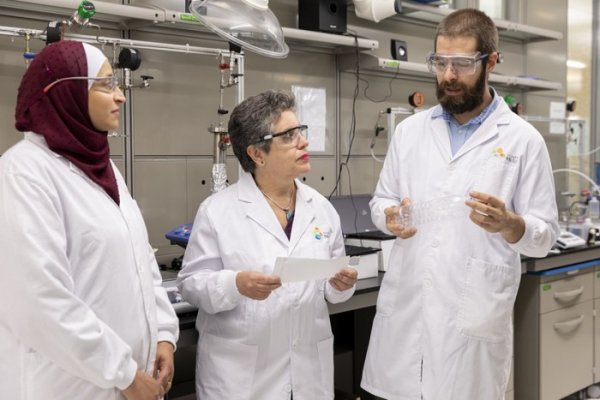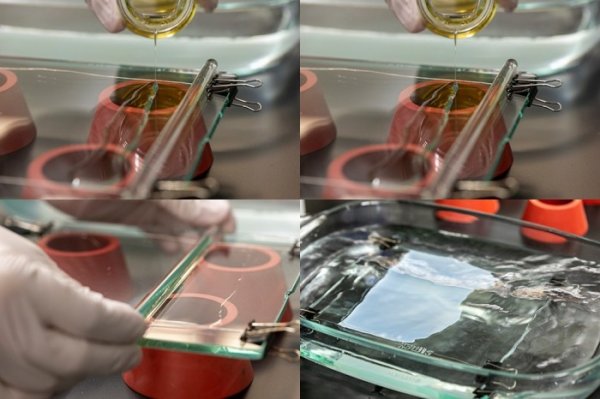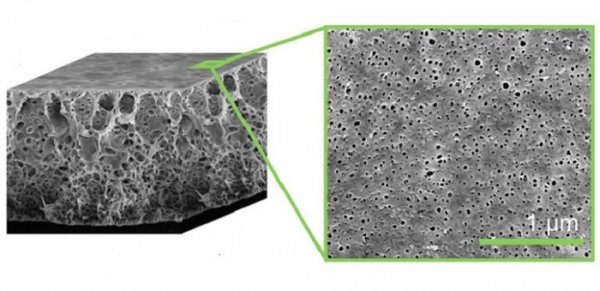According to foreign media reports, in the chemical production industry, it is necessary to continuously use high-energy consumption processes to remove unwanted molecules in liquids. It now appears that by using filter membranes made from waste plastic bottles, a lot of energy can be saved.

According to researchers at King Abdullah University of Science and Technology (KAUST), about 40% of the energy consumed by chemical plants is used in purification processes such as distillation and crystallization. Traditional filtration membranes cannot usually be replaced because they will be degraded by irritating solvents that are often present. Harder ceramic membranes are an option, but they are often very expensive.
With these limitations in mind, KAUST scientists studied polyethylene terephthalate (PET) plastic, which is often used to produce disposable water bottles and other items. Unlike the materials used in existing low-cost filtration membranes, PET has "mechanical and chemical strength", making it able to withstand irritating compounds.

The researchers first dissolved the PET obtained from the plastic bottle and then used a solvent to cure it again-but this time in the form of a flat film. After a series of tests, a polymer called polyethylene glycol (PEG) was added to PET at various concentrations to form pores of different sizes and numbers in these films.

The researchers finally found that when removing molecules from the liquid, the pore size of the best performing PET membrane ranged from 35 to 100 nanometers, covering 10% of the total membrane area. The team now hopes that the technology can be adapted to large-scale use.
A paper on this research was recently published in the journal Applied Polymer Materials.
Gearbox/Screw Elements/Screw Barrel Parts
Zhoushan Jinsheng Bimetallic Plastic Machinery Factory , https://www.jinshenggalloy.com
![<?echo $_SERVER['SERVER_NAME'];?>](/template/twentyseventeen/skin/images/header.jpg)